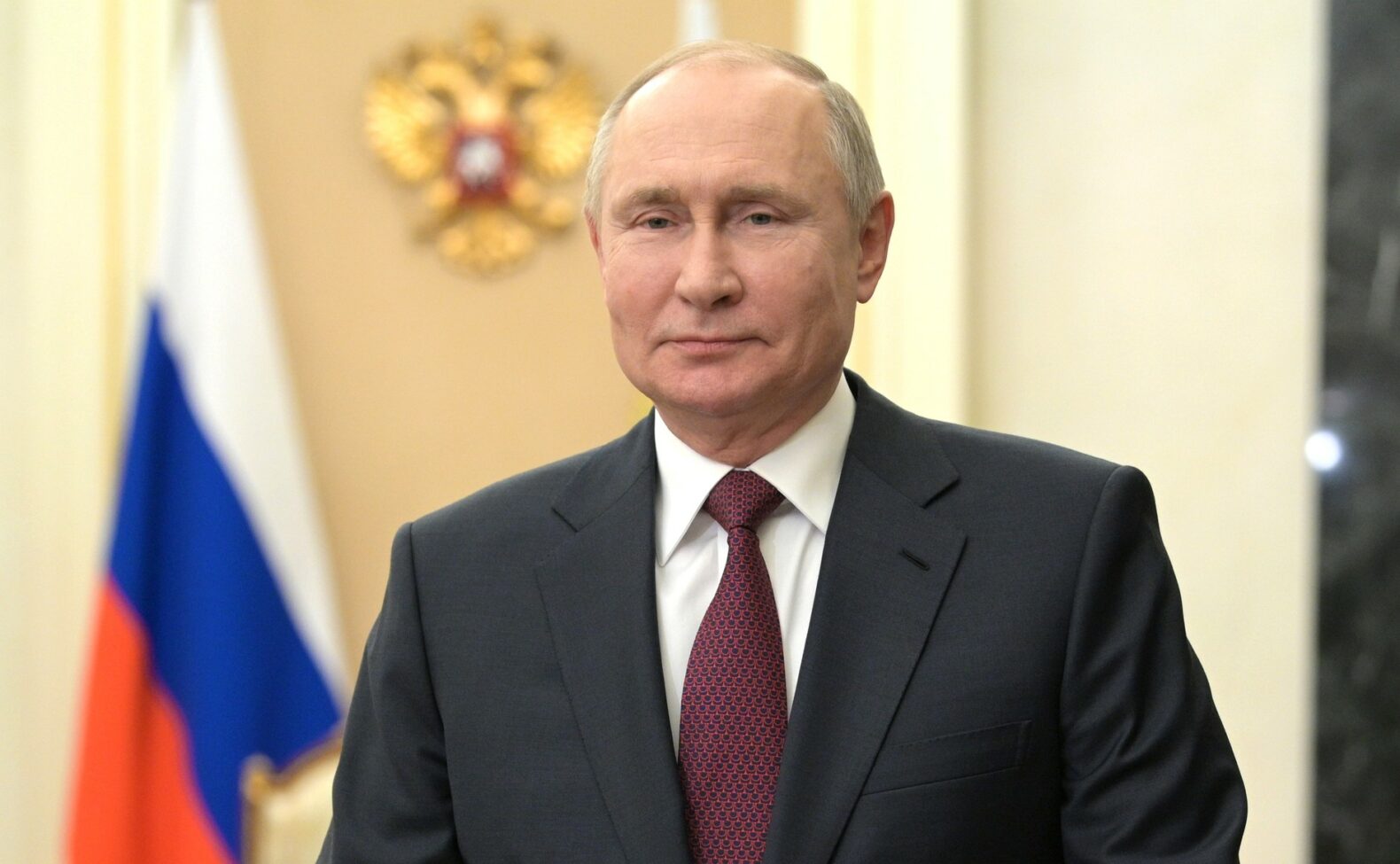What will change for Europe after the embargo on Russian diesel and petrol

Russia appears to have already adapted to the EU embargo on diesel and petrol. India has a decisive role. All the details. The deepening of Sergio Giraldo
There are two ways to deal with obstacles: crash into them or go around them. Today, February 5, the EU embargo on Russian petroleum products begins. And it seems that Russia has adapted and, with the collaboration of other countries, will get around the obstacle. The ban on the import of Russian diesel and petrol came into force in Europe after the ban on the import of Russian crude oil and after the imposition of the price cap mechanism on the same, set at 60 dollars a barrel by the G7 and the European Union.
WHAT INDIA DOES WITH RUSSIAN CRUDE
The European veto on purchases has made India (which does not apply any embargo) one of the major importers of Russian crude oil. According to Vortexa data, Russia exported more than 1 million barrels a day of crude oil to India last December, becoming the country's largest supplier with a 25% share and beating traditional exporters Iraq and Saudi Arabia. For January, it is estimated that purchases have already risen to an average of 1.7 million barrels per day, bringing the share of imports from Russia close to 30% of the total. Just a year ago Russia accounted for 0.2% of Indian imports, so this is a spectacular increase to say the least.
The tragicomic aspect of the story is that Russian crude oil is refined in India and the products are then sold in Europe, the same Europe that has banned the import of crude oil and petroleum products from Russia. Indeed, the US and EU sanctions on Russian oil exports "do not apply to refined products obtained from Russian crude oil exported from a third country as they are not of Russian origin", as the sanctions guidelines state. We are therefore in the presence of a sort of planetary circle: India buys Russian crude oil that Europe no longer wants and resells the products refined from that same crude oil to the latter.
Already last December, Europe imported 1.12 million tons of diesel from India and by January it is expected to exceed 1.5 million tons, with the production capacity in the Indian subcontinent 95% saturated. In Belgium the vessel Tarif, flying the Liberian flag, after a three-week voyage will unload 100,000 tons of diesel in the port of Antwerp, originating in the Indian port of Jamnagar. The situation of the United States is similar, albeit with different values, which in turn begins to rely more on imports from India.
The practical effect of the embargo and the price cap is therefore that in the path that leads from the Russian oil wells to the petrol pump in Europe, a passage has been added, in India, in fact. The latter, moreover, collects large profits, since Russian crude oil, shunned by Western markets, costs just over half of other crude oils while diesel and petrol prices are based on OPEC crude oil prices. In fact, Europe is enriching Indian refineries, which have a much higher margin on products than Western refineries.
It must be said that India, having increased the import of crude oil from Russia in such a conspicuous way, has not however decreased the incoming flows from the United States, perhaps in an attempt to preserve a certain balance between the two giants.
REFINERIES IN THE MIDDLE EAST SELL DIESEL MAINLY TO EUROPE
The combination of these factors is directing the refiners of the Middle East and India to supply their diesel primarily to Europe, reducing the supply for the Asian market just as the Chinese economy, after the lockdowns, is about to restart. Which, in the presence of a significant Chinese recovery, will almost certainly mean an increase in pump prices of refined products for Europe. Turkey is also part of this game, which in exactly the same way as India can count on cheap Russian crude oil and can freely export its distillates to Europe.
A separate discussion applies to China, where the refineries capable of producing diesel with the specifications required by the European Union are only a part of the plants. In addition, the Beijing government imposes maximum export quotas on refiners, for an annual total of 19 million tons. The distribution of exports over the months by the companies is therefore an additional variable.
RUSSIA-EU TRADE
Meanwhile, diesel from Russia continues to flood Europe in recent weeks. In the unfinished January, imports had already reached 3.54 million tons, thus exceeding the historical record, set just in December 2022, of 3.53 million tons. It is a race to the last Russian barrel: the effort of the European companies to procure up to the last and as much as possible from Russia is evident, in order to replenish stocks before the start of the embargo.
Belgium, Germany, Greece and the Netherlands are the largest importers of Russian diesel, which, again in January, accounts for 47% of total imports. Another 20% comes from Saudi Arabia, 8% from India and 7% from the USA. In January, distilled product outflows from Europe see a drastic drop towards the United States (-56%) compared to December 2022. The European attempt to grab stocks is clear, which in fact recovered from the lows of last year in December and January July.
Faced with such epochal movements on the fundamentals of the oil market, the all-Italian dispute over the notorious speculation and the signs to be displayed in service stations really raises many perplexities.
This is a machine translation from Italian language of a post published on Start Magazine at the URL https://www.startmag.it/energia/unione-europea-embargo-diesel-benzina-russia/ on Sun, 05 Feb 2023 07:42:32 +0000.
